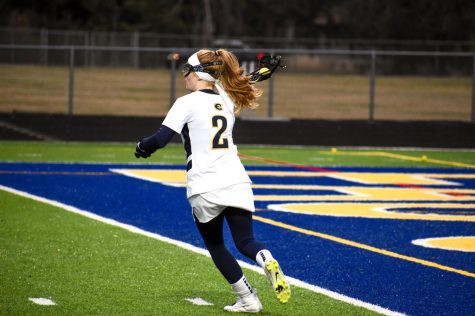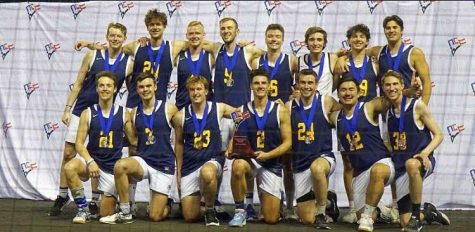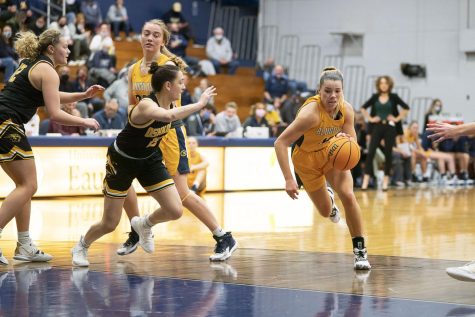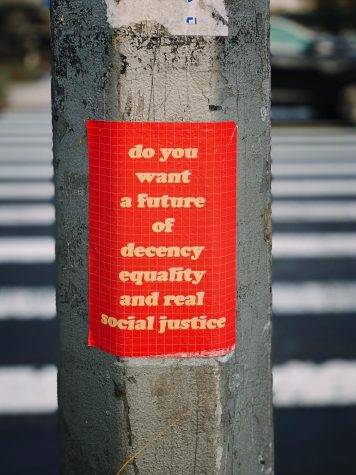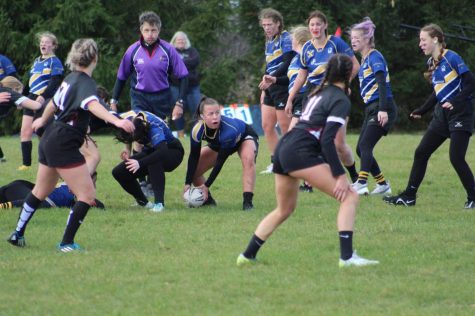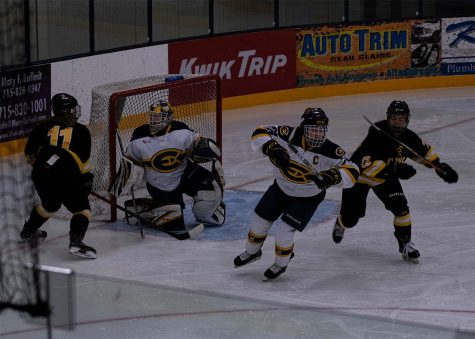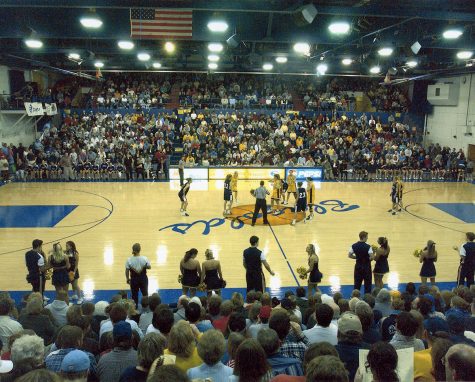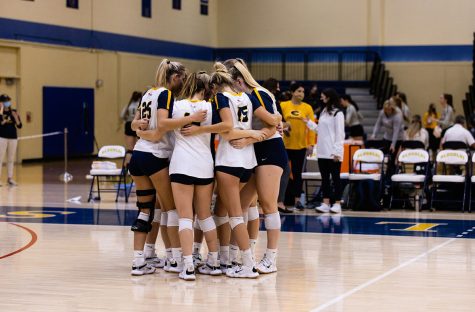The Final Whistle
Sexism in the sports industry
More stories from Jon Fortier
Photo by Savannah Reeves
There have been many great female athletes that have made a major impact on the world of professional sports, yet there seems to have been little progress made towards equality. There are leagues that separate men and women, rising pay gap issues, and several misogynistic comments made every day about females in the sports sphere.
In 2019, why is there still such a big emphasis on gender segregation? Most point to science. A 2010 study in The Journal of Sports Science and Medicine compared top-10 performances across 82 major sports since 1896.
The study found that women are not fast, nor as strong as men. Genetic and hormonal factors play into this and affect men and women differently. These factors include height, weight, body fat, muscle mass, aerobic capacity and anaerobic threshold.
Fortunately, this excuse is now limited due to advancements in training methods. Training programs are now more personally tailored and can help boost specific athletic qualities needed in a particular sport. Basically, anyone can compete with everyone thanks to the same science that has discredited women’s performances for years.
Then there is the issue of the pay gap between men’s and women’s leagues. Men’s leagues have been around longer and have more tradition. This has led to men’s leagues being more valuable in the eyes of advertisers. Think about the last time you heard of the NCAA women’s basketball tournament overshadowing the men’s tournament. Probably never, right? Just last week, members of the U.S. women’s soccer team filed a lawsuit against U.S. Soccer over gender discrimination.
The suit claims that the discrimination that they endure doesn’t just affect their paychecks. It also affects where they play and how often, how they train, the medical treatment and coaching they receive, and how they travel to matches.
Among the 28 players involved in the suit include stars like Alex Morgan, Megan Rapinoe, and Carli Lloyd. These star players have bravely leveraged their popularity and brand to institute change now. FIFA doubled prize pool money for the upcoming Women’s World Cup this summer only after these women complained about the discrepancy between the amount the men make in their World Cup.
Then there are the misogynistic tones that men in the industry direct towards their female counterparts. In October 2017, Cam Newton, the quarterback of the NFL’s Carolina Panthers, was asked a question about route running by Jourdan Rodrigue, a female reporter. Newton replied that it was funny to hear a female talk about routes. Rodrigue responded by saying that she didn’t think it was funny and that she was doing her job. Newton faced sharp criticism following the event and issued an apology, but most soon forgot about it.
In December 2018, FIFA created the Ballon d’Or award for women, an award that has been given to men since 2010. The inaugural winner, Ada Hegerberg of the Norwegian Soccer League, went up to the stage to accept her award. Little did she know that French DJ, Martin Solveig, would ask her to twerk in celebration. Hegerberg responded with a sharp no. An apology was made after the event via Twitter, but the damage was already done.
It is evident that more needs to be don’t to address these major issues that women athletes face every day. Sexism can no longer be acceptable in the modern era. Major institutional and cultural changes need to me made to address these issues but unfortunately it may cost whoever steps forward. History shows that those who challenge the social norms in the sports industry are often ostracized and pay the ultimate price: their career.
Fortier can be reached at [email protected].


